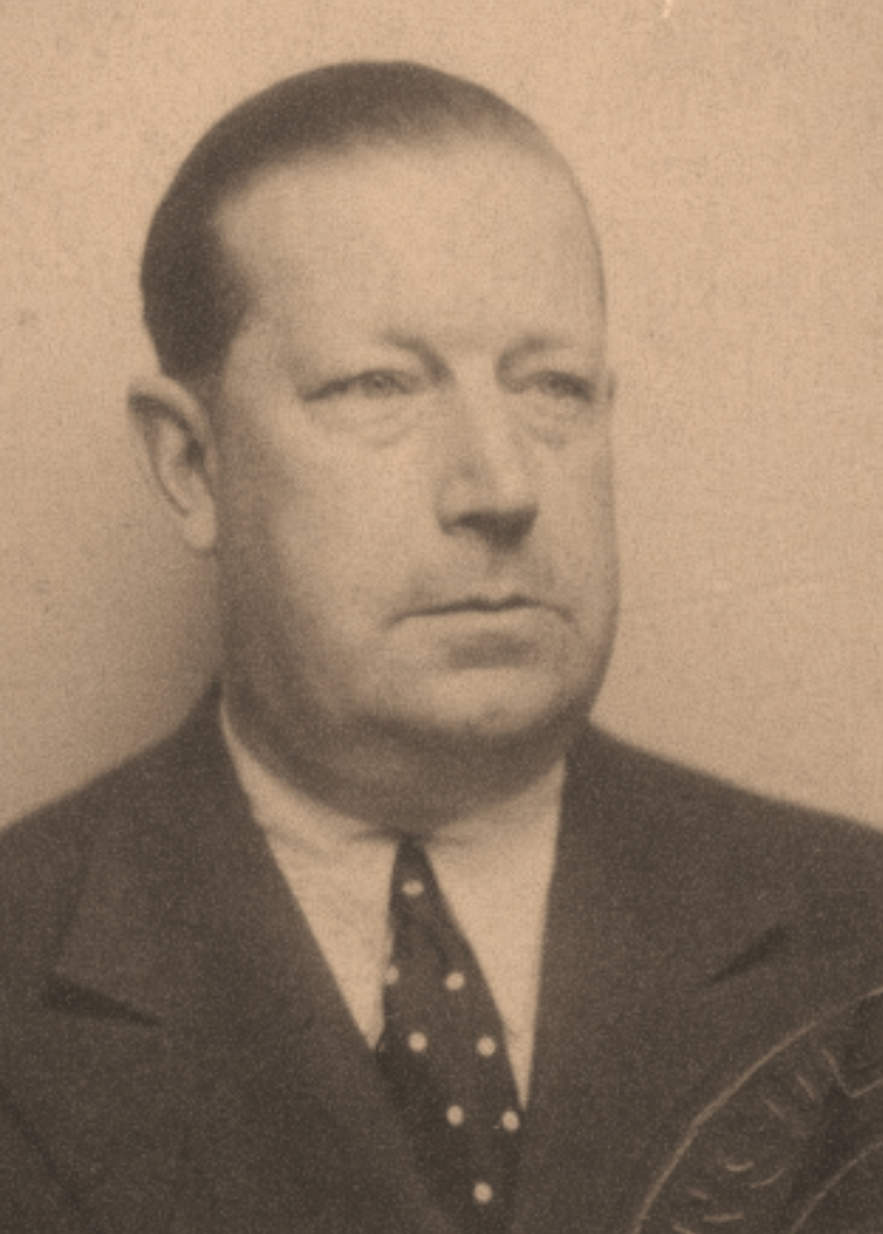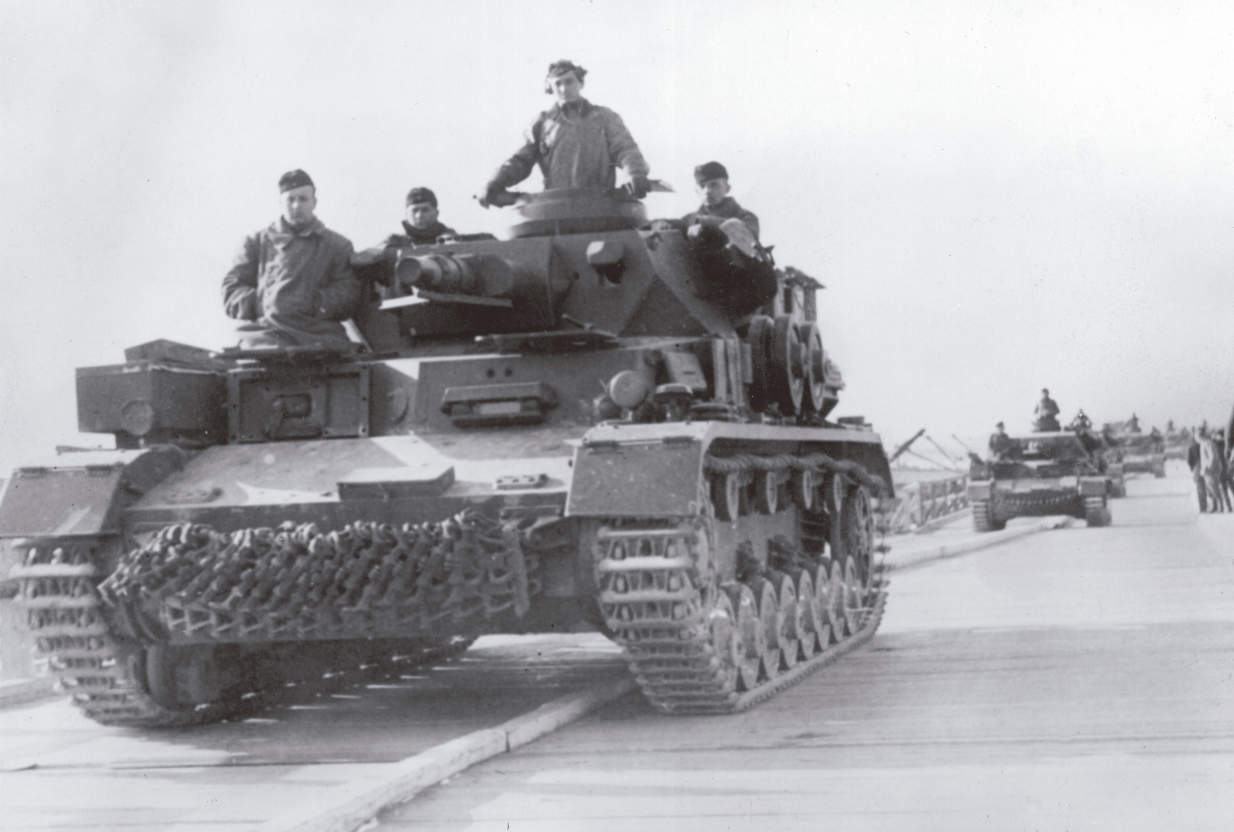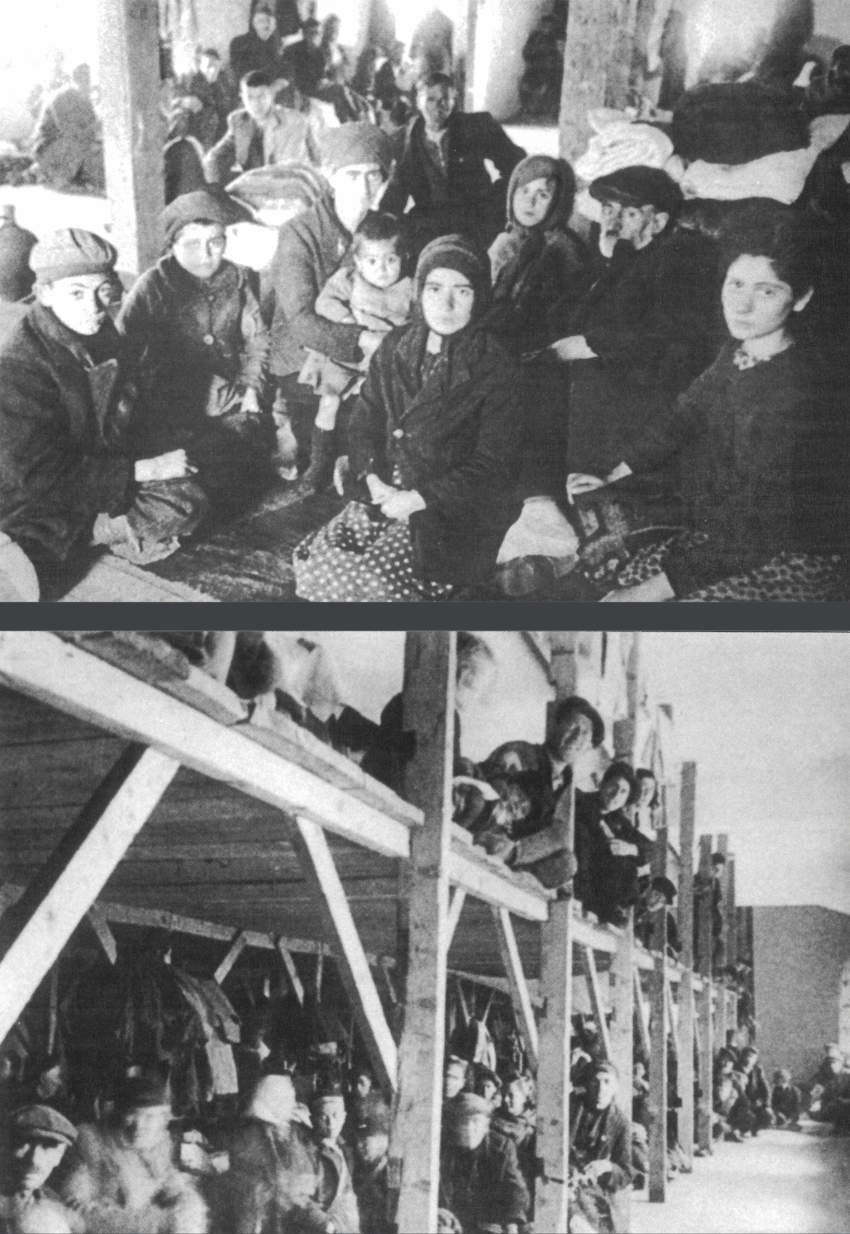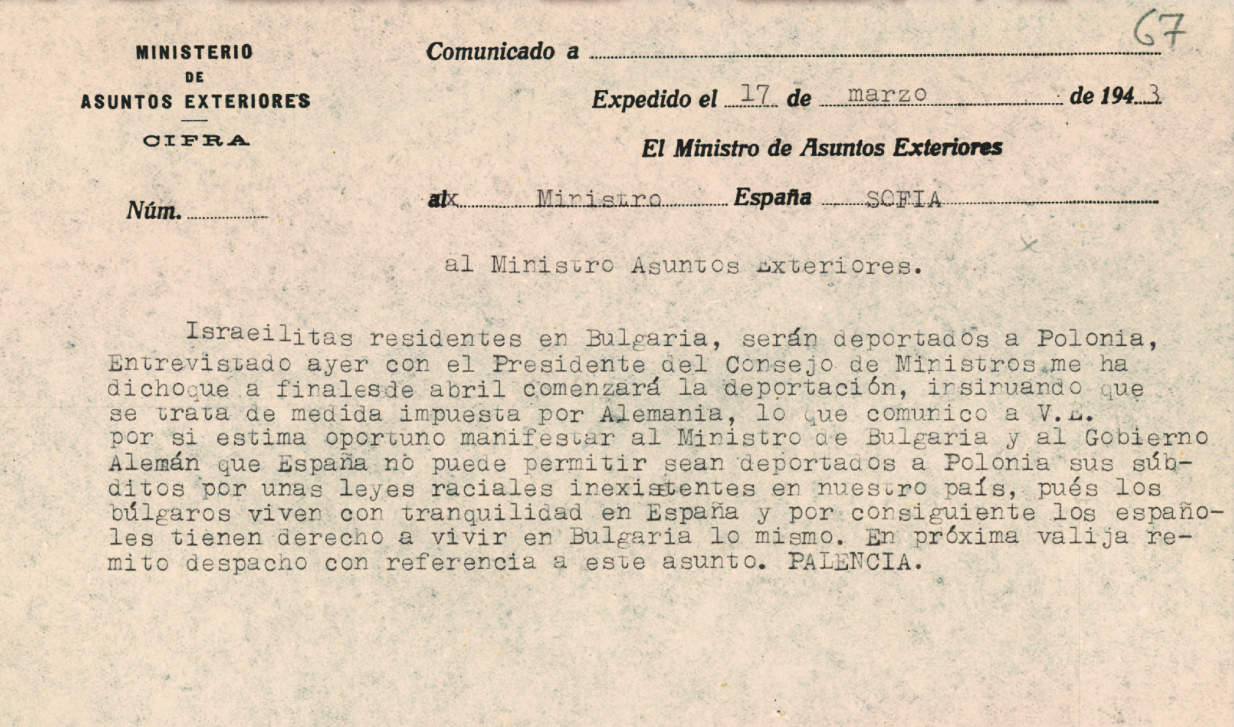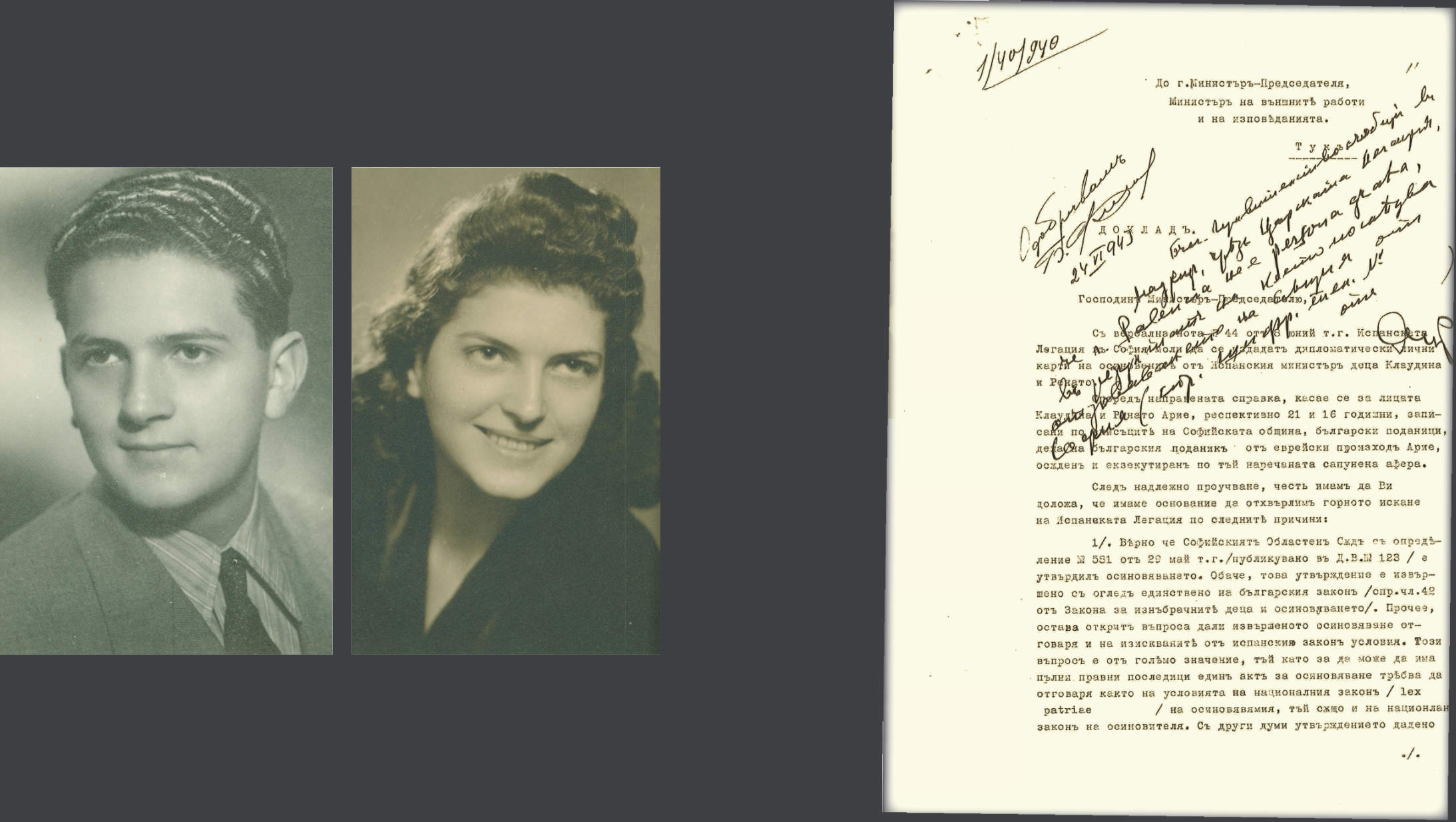MINISTER (SOFIA, 1940-1943)

JULIO PALENCIA Y ÁLVAREZ-TUBAU
The Friend of the Jews
Julio Palencia y Álvarez-Tubau (1884-1952) was the son of María Tubau, a very famous actress in her time, and his brother Ceferino was a painter. He married Zoe Dragoumis, the daughter of a Greek Prime Minister and sister of a noted Greek politician and diplomat.
In previous posts such as Salonika, Shanghai, Istanbul and Athens, Palencia had relations with the local Jewish communities. In Shanghai, he and his wife became close friends of Albert Cohen, a wealthy Sephardi.
After arriving in Sofia as a Minister in November 1940, he faced a flurry of enactments of racial laws that were severely detrimental to Jews with Spanish nationality. He complained, orally and in writing, countless times, directly to the President of the Council of Ministers, against the application of the ordinances handed down arbitrarily by the Bulgarian government against Jews, regardless of nationality.
Palencia insistently tried to convince both the Bulgarian and the Spanish authorities of the illegal nature of anti-Semitic regulations and of Spain's duty to protect its Jewish subjects. Measures taken against Jews ranged from seizure of their assets and property, prohibition to use public services and obligation to perform forced labour, to confinement in specifically designated neighbourhoods and districts. Moreover, they were not allowed into cafés, restaurants, cinemas, theatres, gardens or parks.
Thanks to Palencia's desperate pleas at least 81 Spanish Jews were partially excluded from the application of some of these provisions.
In successive reports to his Ministry, Palencia described the horrors being suffered by Jews in Sofia, comparing their situation to "herds of cattle heading for slaughter" or "slaves from Africa". The Legation was being besieged by anguished Sephardim; some of them were even committing suicide. This tragic situation led the diplomat, on 14 September 1942, to urge Madrid to give him a degree of "flexibility" in granting visas to his 400 Jewish fellow countrymen wishing to go to Spain. In the end repatriation would not be necessary, thanks to the Bulgarian people's opposition to deportations.
The behaviour of Palencia, dubbed the Friend of the Jews, triggered a premeditated government harassment campaign against him. The Bulgarian secret services kept a close watch on his wife due to her Greek origin; they accused her of hating Bulgarians and carrying out an intense activity against them, as well as "inviting Jews to the residence and visiting them". They also suspected that she was informing the Greek diplomats in Sofia of all the secrets that she knew thanks to her husband. Manoeuvres against Palencia were aggravated with the arrest, in May 1943, of the Legation's Chancellor, the Spanish Sephardi Santiago Béjar, first accused of espionage and later of smuggling.
Moreover, Palencia energetically opposed the execution of the Sephardi León Arié, thus confronting local authorities. When León Arié was finally hanged, Palencia — in order to protect Arié's family, without consulting anyone and aware that he could be accused of exceeding his authority—adopted Arié's two children, Claudia and Renato. He also granted Ariés' widow the status of family member. After forging this kinship, he issued diplomatic passports for them and put them up in the Legation. Several days later, when Bulgarian pressure became threatening, he sent the children and their mother to Bucharest, entrusting them to the care of his friend and colleague Casa Rojas. These initiatives infuriated the Sofia government; it considered them a serious affront and described them as "acts of interference in State affairs". Therefore, on 24 June 1943 Palencia was declared persona non grata and had to resign from his post and leave the country immediately.
In strict compliance with diplomatic rules, the Spanish government had to remove him. Thus, even though it had initially approved posting him to San Salvador as Minister, and despite already having requested an agrément, it cancelled the appointment and left Palencia without a posting for nine months.
At the age of 65, he died in Hamburg as Consul General; a curious twist of fate, since the Nazi authorities had accused him of being an "anti-German fanatic".

 Loading
Loading

